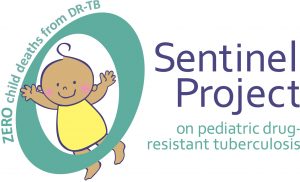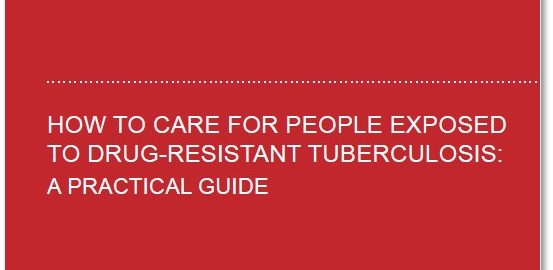The Sentinel Project resource, “How to Care for People Exposed to Drug-Resistant Tuberculosis: A Practical Guide” is now available.
This Guide builds on World Health Organization (WHO) recommendations for the management of individuals who have been exposed to TB and DR-TB, but focuses more on the practical implementation of interventions that should take place in the post-exposure setting. While the WHO policies stress that investigating household contacts of TB patients must be done on an “urgent” basis for all contacts of a patient with DR-TB, there is limited information available on what these evaluations and interventions should include. Furthermore, many of the recommendations and tools that do exist only focus on medical issues, omitting other pressing psychosocial needs that must be routinely assessed as well. DR-TB affects not only individuals but their households as well. Even when only one person has become sick, the whole household requires some intervention to reduce discrimination, improve patient support, and avoid unnecessary morbidity and mortality. This Guide aims to provide a way of thinking about the challenges around those exposed to DR-TB. It also aims to provide guidance on DR-TB prevention and management strategies needed to address the enormous health threat presented by DR-TB, as well as the tools necessary to carry them out.
This Guide is available in English and Spanish.
For additional translations of the Field Guide, please send a note to Se**************@*********rd.edu.



